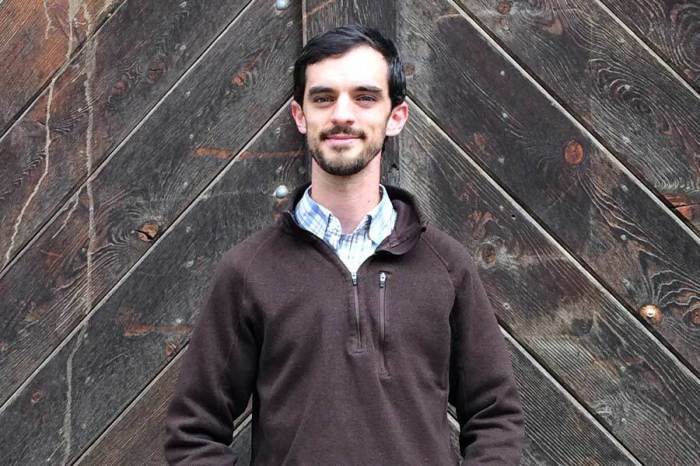
A federal appeals court this week sided with a teacher who lost his job after declining to refer to trans-identified students by their preferred names and pronouns, paving the way for his case to go before a jury.
In a 2-1 opinion Tuesday, a three-judge panel on the 7th U.S. Circuit Court of Appeals reversed a decision from the U.S. District Court for the Southern District of Indiana that sided with the Brownsburg Community School District in its efforts to dismiss a lawsuit filed by former high school music teacher John Kluge.
Tuesday’s decision means that Kluge, who filed his lawsuit seeking damages in 2021, can present his case to a jury.
“Title VII requires the government to accommodate its employees’ freedom to live and work according to their religious beliefs,” said Alliance Defending Freedom Senior Counsel and Vice President of U.S. Litigation David Cortman, whose organization represents Kluge, in a statement reacting to the ruling.
“The Brownsburg school district ignored this right, deciding instead that Mr. Kluge’s religious views couldn’t be tolerated. It revoked his religious accommodation based on the complaints of a few, forcing him to resign or be fired. The 7th Circuit reversed the district court’s ruling against Mr. Kluge and sent the case back down for trial. We look forward to proving at trial that Brownsburg discriminated against Mr. Kluge.”
Judge Michael Brennan, appointed to the bench by President Donald Trump, wrote the majority opinion. Judge Amy St. Eve, another Trump appointee, joined the majority opinion while Judge Ilana Rovner, appointed to the bench by former President George H.W. Bush, authored a dissenting opinion.
Kluge was forced to resign from the district in 2018 after he declined to abide by a new policy enacted in 2017 requiring teachers to refer to students by names and pronouns that align with their stated gender identity, as opposed to their biological sex, because of his deeply held religious beliefs about gender and sexuality. The district briefly accommodated Kluge’s religious beliefs.
According to Kluge’s attorneys, the teacher worked with those accommodations for an entire school year before the district revoked the accommodations after receiving complaints from students and other teachers.
While the appellate court upheld the lower court’s finding that the school district did not engage in unconstitutional retaliation against Kluge, it directed the lower court to reconsider its conclusion that accommodating Kluge’s religious beliefs constituted an undue hardship on the district.
Kluge alleged that the school district violated Title VII of the Civil Rights Act of 1964, which requires employers to accommodate the religious beliefs of their employees unless such accommodations would impose an “undue hardship” on the employer’s business.
The district maintains that its initial accommodation for Kluge to refer to students by their last name caused the students to experience “emotional distress.” Although the district court was convinced by the school district’s argument, the 7th Circuit disagreed.
“Construing the evidence in the light most favorable to Kluge, the school introduced nothing to show that a teacher using one’s last name resulted in ’emotional distress’ under an objective standard,” the opinion stated. “There is insufficient evidence to conclude that calling students by their last names, without more, would inflict emotional harm on a reasonable person.”
In dissent, Rovner argued that the last-name-only accommodation granted to Kluge was “fraught with problems.”
“Although the last-names-only practice was neutral in the abstract, students quickly figured out that the practice was occasioned by the presence of transgender students in Kluge’s classroom,” the dissenting opinion reads.
“The result was that transgender students felt stigmatized, their allies were frustrated and concerned, other teachers repeatedly fielded questions and concerns about the policy, and parents believed that both their decision-making and their children were not being respected. It is undisputed that complaints from all of these quarters were conveyed to Brownsburg.”
The 7th Circuit ordered the lower court to rehear the case in light of the U.S. Supreme Court’s 2023 decision in Groff v. DeJoy, which determined that the U.S. Postal Service violated Title VII by firing an employee for refusing to work on Sundays because doing so conflicted with his religious beliefs and justifying its decision by using the “undue hardship” claim.
The district court once again sided against Kluge, prompting his second appeal to the 7th Circuit. Wednesday’s ruling means that the matter will go before the district court for a third time.
Ryan Foley is a reporter for The Christian Post. He can be reached at: ryan.foley@christianpost.com















